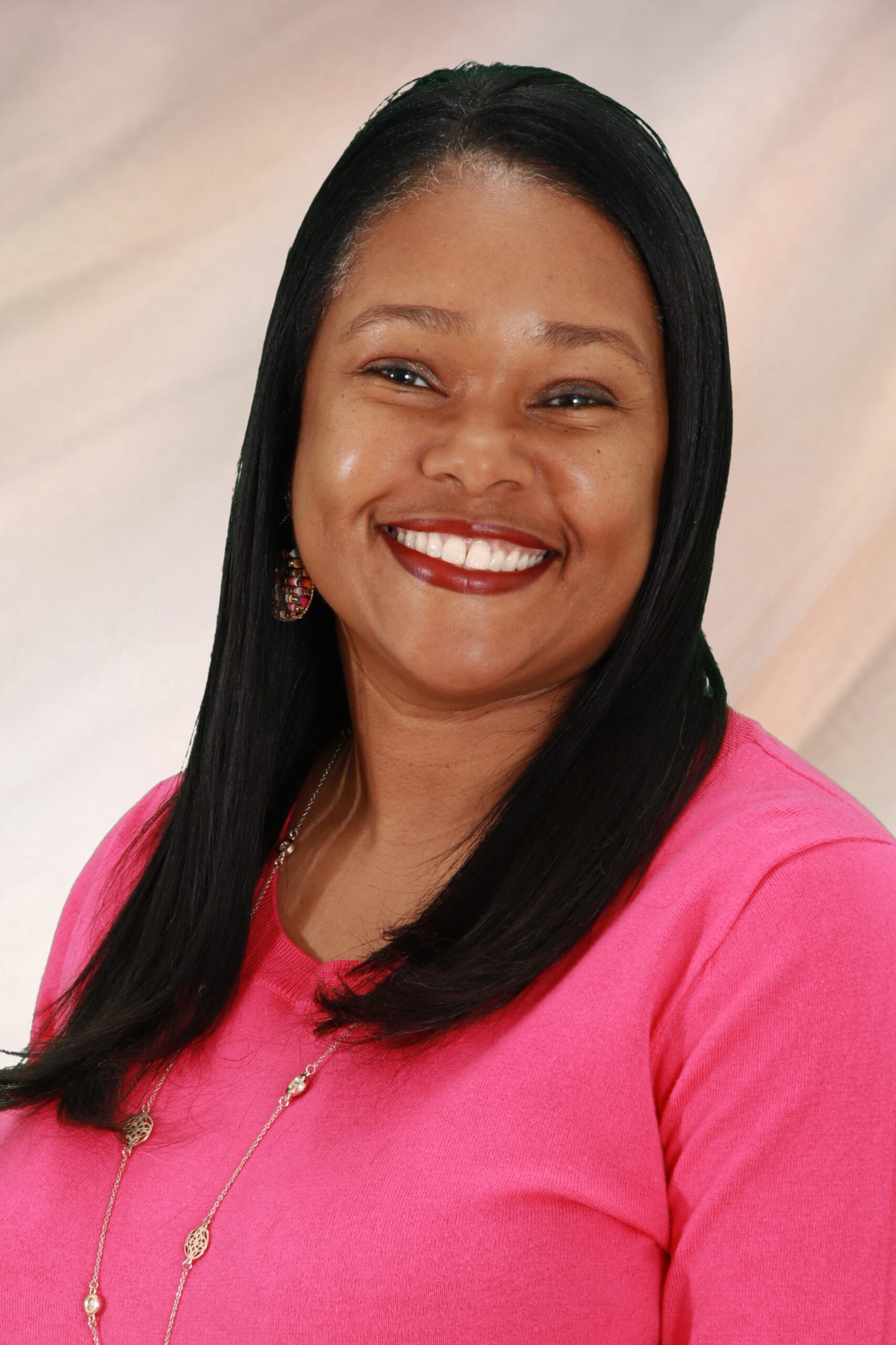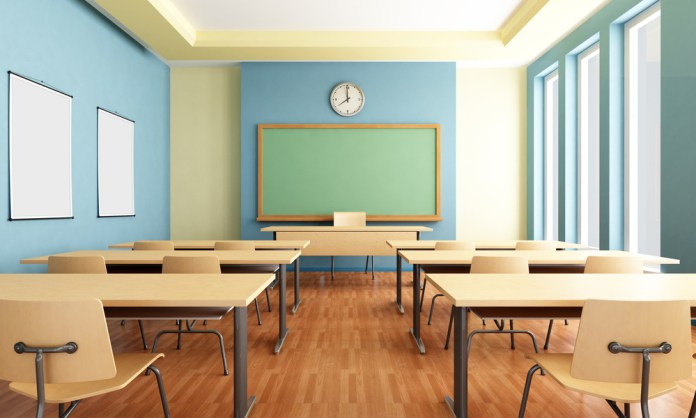The Trust of Students and Parents Should be earned
by Jennifer Roberts
Almost every week, I read a local or national news story about an educator who has violated the trust of students and their families in one way or another and each time is equally disappointing.
One story that comes to mind is the recent experience of 8th grade, Sidney Rousey, Jr, an African American student in neighboring Arlington County Public Schools, who was told by a substitute teacher that he had to participate in a “game” called Nose Dive in which he was instructed to put Vaseline on his nose and use his nose to pick cotton balls out of a bowl.
According to a May 3rd article on https://www.wusa9.com/article/news/education/virginia-family-demands-10-million-after-8th-grader-forced-to-play-cotton-picking-game/65-9c88accb-2381-4b38-8017-a0f44428ea05, Rousey, Jr. was “coerced to play out of fear.” The article goes on to say that since the experience, Rousey, Jr., who was the only African American student in his class, “has been pulled from class to learn independently” and has been the target of bullying and death threats. The family is now suing Arlington County Public Schools for $10 million.
This is an educational failure at its worst and an egregious violation of the trust that Sidney’s parents and Sidney placed in the staff at Gunston Middle School.
In another example in East Lansing, Michigan, MacDonald Middle School teacher, Dennis Petrowitz admitted using the “n-word” in both his fourth and sixth period classes according to an article published on https://www.wlns.com/news/michigan/east-lansing-teacher-placed-on-leave-after-using-n-word/ last month.
The article includes a statement from Petrowitz which says,
“I immediately felt terrible and regretted using it. I take full accountability for the harm my actions have caused to students, staff and families, especially those of color. I understand that the use of the N-word is wrong and have no intentions of ever doing so again. I have been an educator for many decades and I’m proud to work in a diverse community and school district.”
Petrowitz has been placed on administrative leave during the investigation.
These violations are glaring and have made the news. But what about the equally traumatic interactions between educators and students that parents, guardians and superintendents don’t hear or feel but that cut deeply into our students psyche and self-worth every day?
What about the student whose name doesn’t get called by his teacher unless he is perceived to be doing something wrong? What about the student who is afraid to be strong in class because the teacher labeled her as being “aggressive” or “angry?” What about the honor roll student who wants to participate in advanced classes but never gets recommended by her teachers? Or the student that knows that he isn’t being treated equitably but doesn’t have language for his emotions? These adverse experiences are harder to pinpoint but can have long lasting effects that erode trust and cause students to feel frustrated and invisible.
At the height of the pandemic while many people around the globe were sheltering in place and only venturing out for necessities, I remember hearing and seeing varying versions of these mantras, “We love teachers. Teachers are heroes. Teachers are superheroes. Let teachers teach. Teachers want to be with their students.” I remember thinking time and time again that the descriptor “some” should be in front of “teachers.” I also remember thinking that I was probably the only one having that thought.
Just like I believe that some health care professionals have their patients’ best interest, that some politicians are have their constituents best interests at heart and that some organizations operate in excellence, I believe that honor and admiration should be bestowed upon “some teachers” or even broader “some educators.”
On the November 30th, 2022 Episode of the Harvard Edcast, “Equality or Equity”, educator, Jeffrey Duncan-Andrade shared,
“Why do we take children by law from their family for 13 consecutive years, seven hours a day…public schools are presumed good in this society. I want us to challenge that.”
He went on to say, “We have to raise the national consciousness in what is really happening in schools and raise the national consciousness about the fact that one, schools are really not good for kids, the way we designed them.”
While unpopular, I agree with Andrade for many reasons, one being the lack of trust that parents and students can place in educators and the public education system largely because of the way that the system has been built.
Just like many children are taught that firefighters, policeman, nurses and doctors are trusted helpers in our community, children and their parents and guardians are conditioned to blindly trust educators, and more specifically, teachers. Even if a parent or guardian is wary of educational systems, they may be likely to trust individuals within the system who work with their child each day even though the educator has displayed no evidence of trustworthiness. Some parents are even shamed by educators for doubting a teacher’s approach or questioning his or her intentions with their child.
I am an educator at heart and fully believe in the transformative power of excellent educators. This post is by no means a blanket indictment of all teachers. For many years I’ve believed (and still do believe) that an excellent educator can make a lasting, positive impact on a student. Unfortunately, over the last 16 years, through parenting my own children and observing other children, I have witnessed the damage that an educator can do to a child often in plain sight and without accountability.
I encourage other parents and guardians to pay close attention to the educators to whom they entrust their children and to be more vigilant about holding them accountable for their actions. We may not always be able to choose our student’s teacher and our children must learn how to navigate adversity, but educators must be held responsible when they fail to provide our children with the education that they deserve which includes breeching trust. Trust should be earned, valued and protected. Just because an educator has a license to deliver content or a degree that allows him or her to be an administrator, doesn’t mean that he or she can be trusted to care for my child.
The next time you go to a parent-teacher conference or better yet, request a conference at the outset of the school year, ask your child’s teacher(s) these five questions, document the teacher’s responses and send the teacher an electronic copy.
#1: I believe that the relationship between home and school is a partnership. In what ways will you work with me and my student to ensure that he/she has a positive educational experience?
#2: What is the school or (school district’s policy) on classroom observations by parents?
#2: How will you encourage my student’s self-advocacy especially if unfavorable or uncomfortable circumstances arise?
#3: When I bring a question, issue or concern to you, what is the response time that I should expect from you?
#4: How are disputes between students and teachers addressed in your class and at this school?
#5: In the event that you and I are not able to reach a resolution about a concern in a timely manner when an issue concerning my student arises, what is the policy for escalating the issue at this school or in this district?
At first read, these questions may present themselves as confrontational, but they are far from it; they are proactive and you are well within your right as a parent or guardian to ask them from the outset of the relationship.
Consider a time that you have entered into an agreement to purchase a house or a car or even to let your child play at the local bounce house or rock-climbing facility. Think about when you may have rented a car or an AirBnB. There is a document that outlines the rules of engagement and explains what happens in the event of certain circumstances, accidents and violations. The questions that I suggest are no different; we just aren’t accustomed to seeing them or asking them in schools.
I remember when my husband and I were researching preschools for both of our children. I visited each potential facility, checked for cleanliness, talked with the staff, observed the children and the teachers and asked a battery of questions. Fast forward to first grade for my daughter and kindergarten for my son who both went on to attend public schools. My husband and I did some light research on the neighborhood school but nothing compared to the research we had done on pre-school options.
When my children transitioned from preschool to public school, I trusted that the principal and the teachers would be invested in my children and that they would have my children’s best interests at heart. I trusted that they would work hard every day to see, understand and make sure that my children had the best educational experience possible but that was not always the case for either of my children. More times than I can care to remember, I’ve had to fiercely advocate on behalf of my children well beyond what is reasonable because some of the educators to whom I had entrusted my children failed miserably.
A lifelong educator, for whom I have tremendous respect often says, “Parents are sending us their very best to school every day.” Just like students have a responsibility to be quality citizens, educators do too and to honor the trust that parents are placing in them to not just present state mandated material but to take care of their children.

I want to encourage parents to speak up often and to stay engaged with their student’s teacher(s). Request classroom observations. Ask the hard, uncomfortable questions and hold educators accountable by documenting your experiences and escalating them until you get a resolution when there are violations. You may not always like the outcome but work until you get an outcome.
And finally, don’t be afraid to explore other educational options for your student. The public school system is not the only educational option but it is the most utilized. Sadly, I do not believe that school districts will be even remotely motivated to value parents and students until students start withdrawing and exercising other educational options like homeschool, charter schools and micro schools. Instead of blindly trusting educators, ask yourself the question, “What has this educator done to earn my trust and to consistently show that he or she can be trusted with my most valuable treasure, my child?”
Jennifer Roberts is a local resident, and founder of Conversations In the Community.



